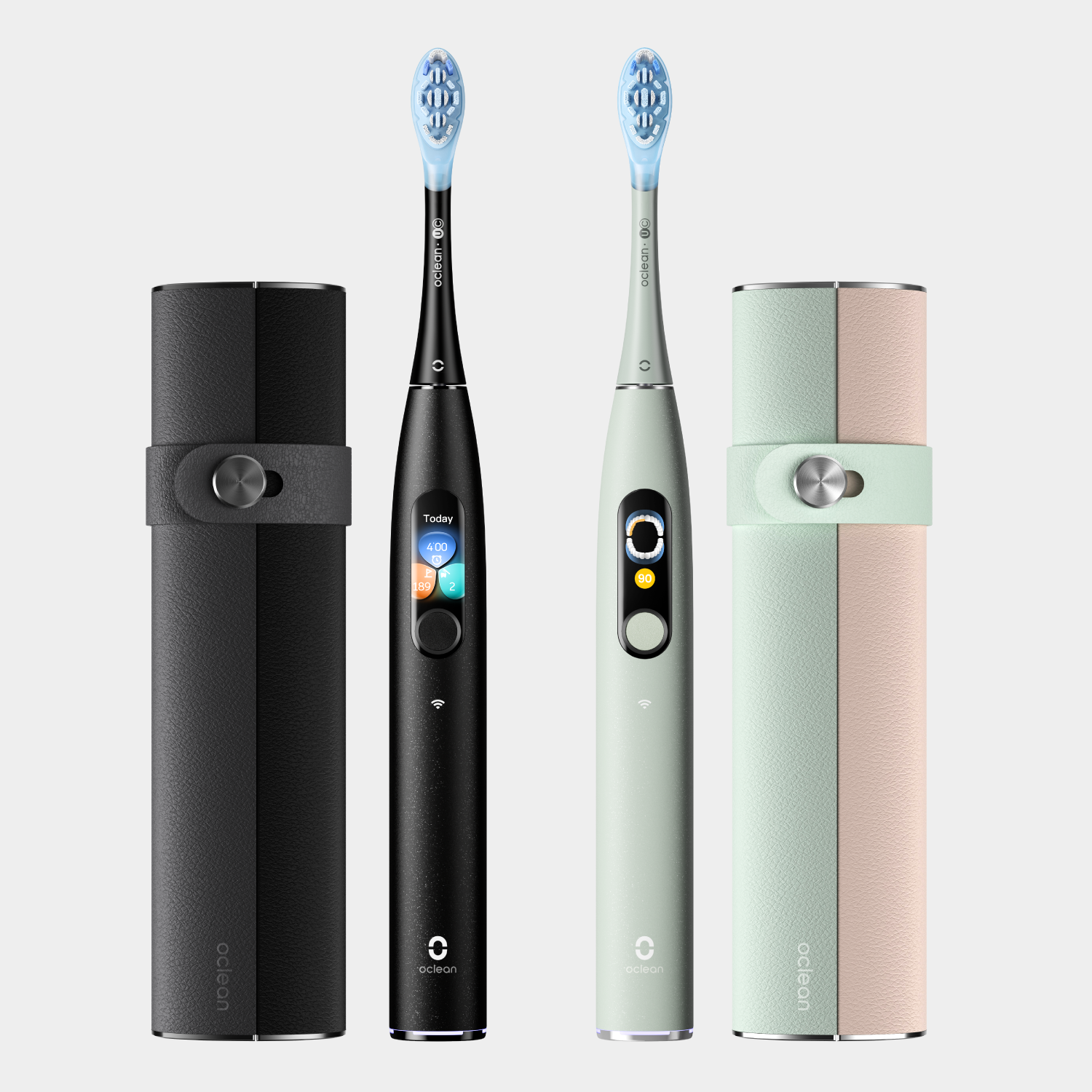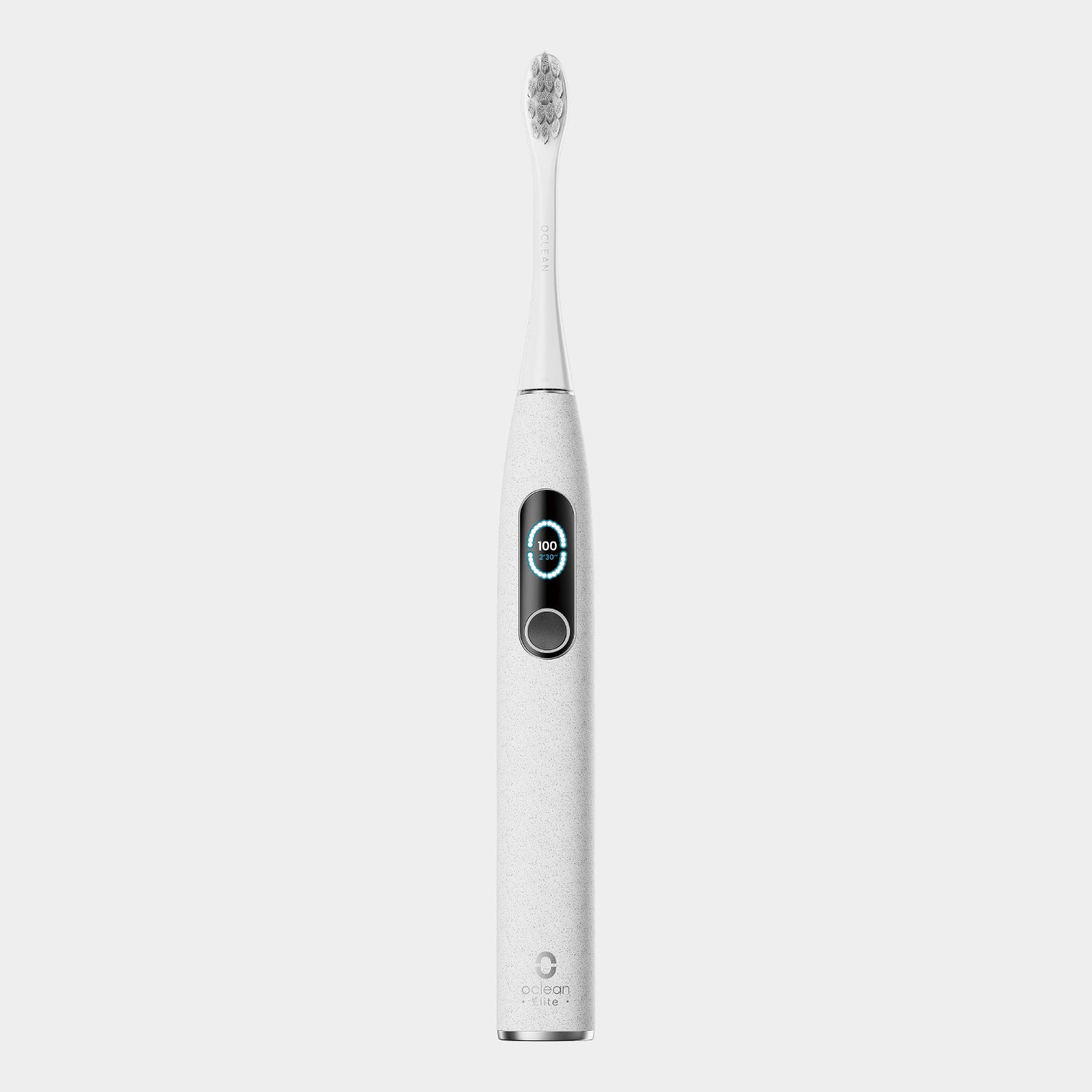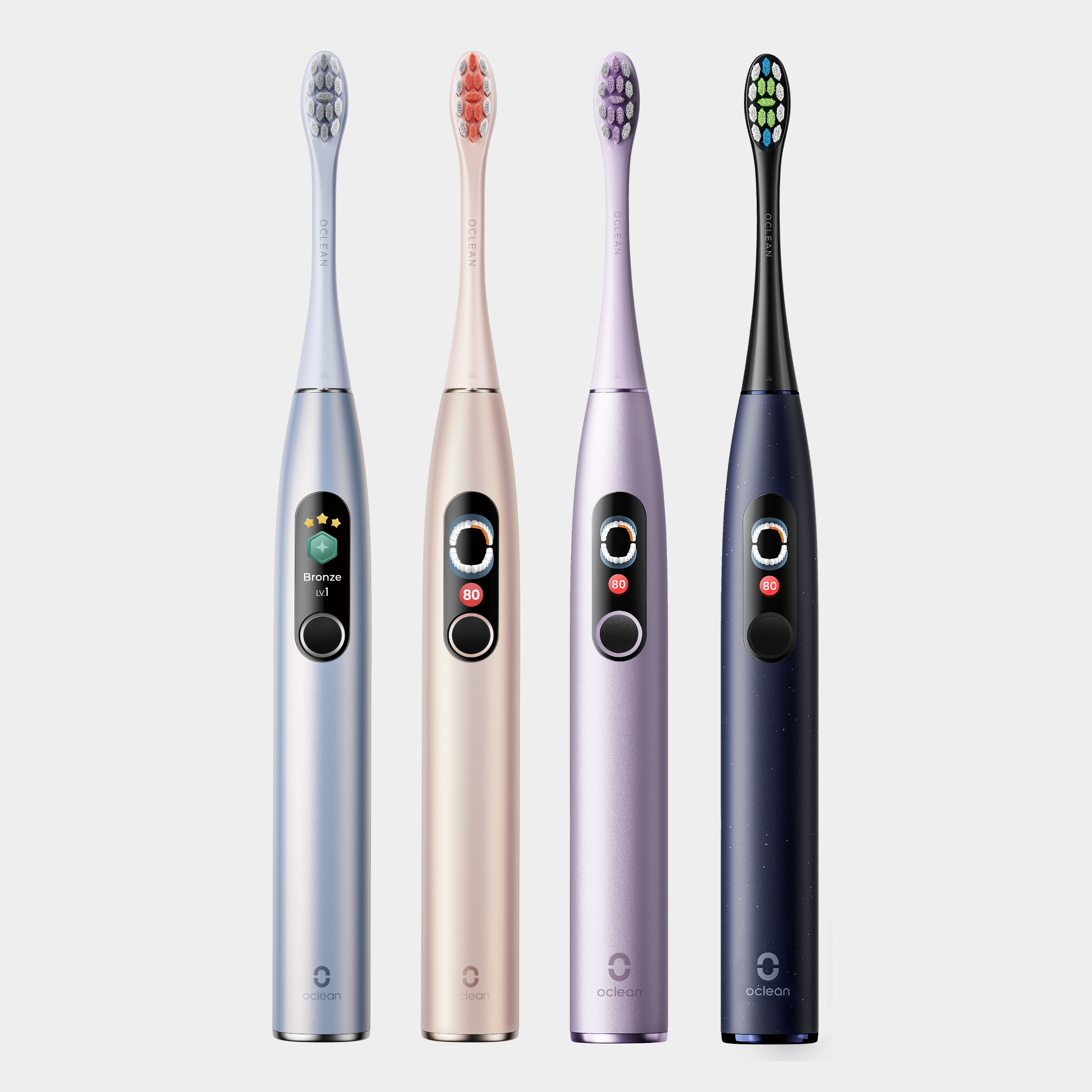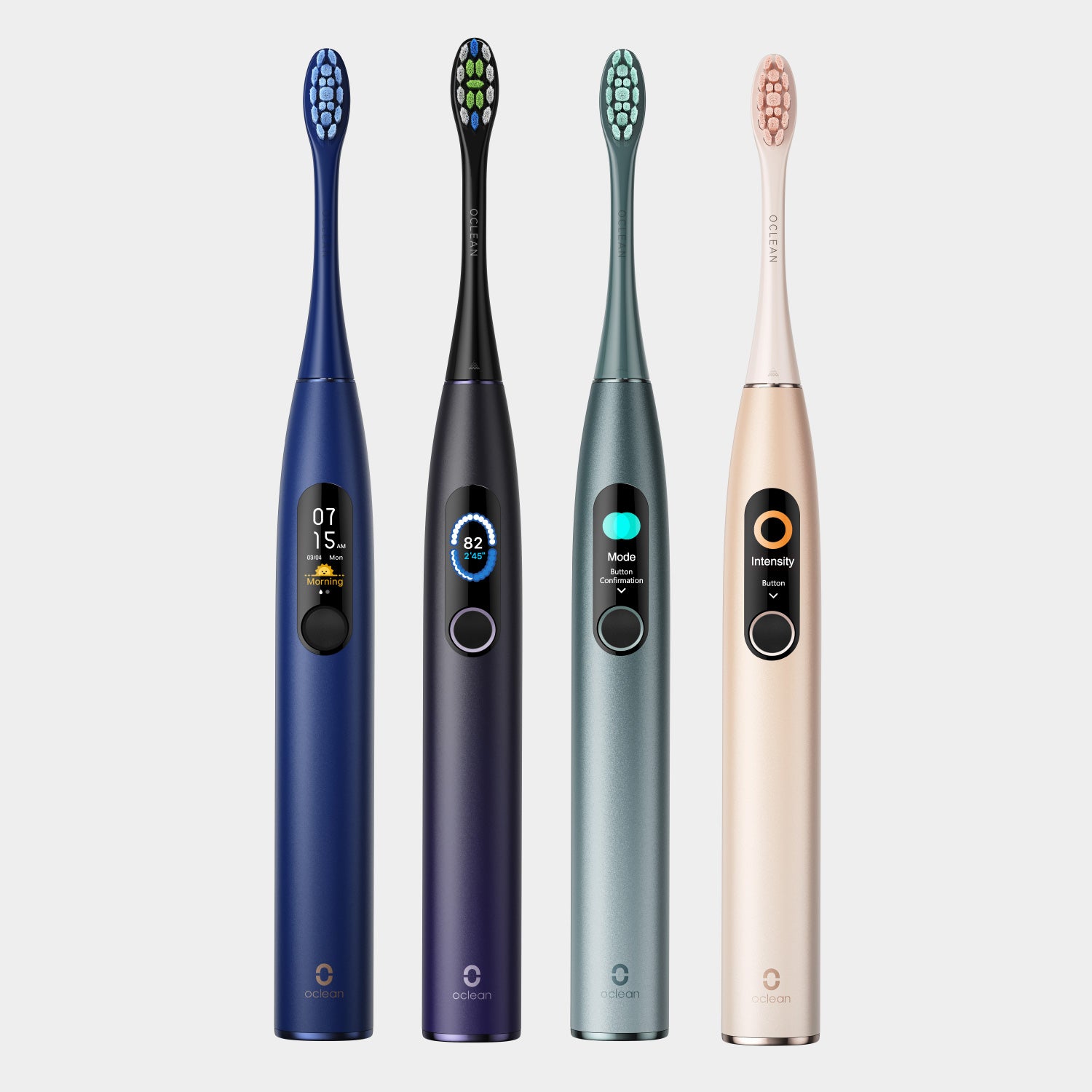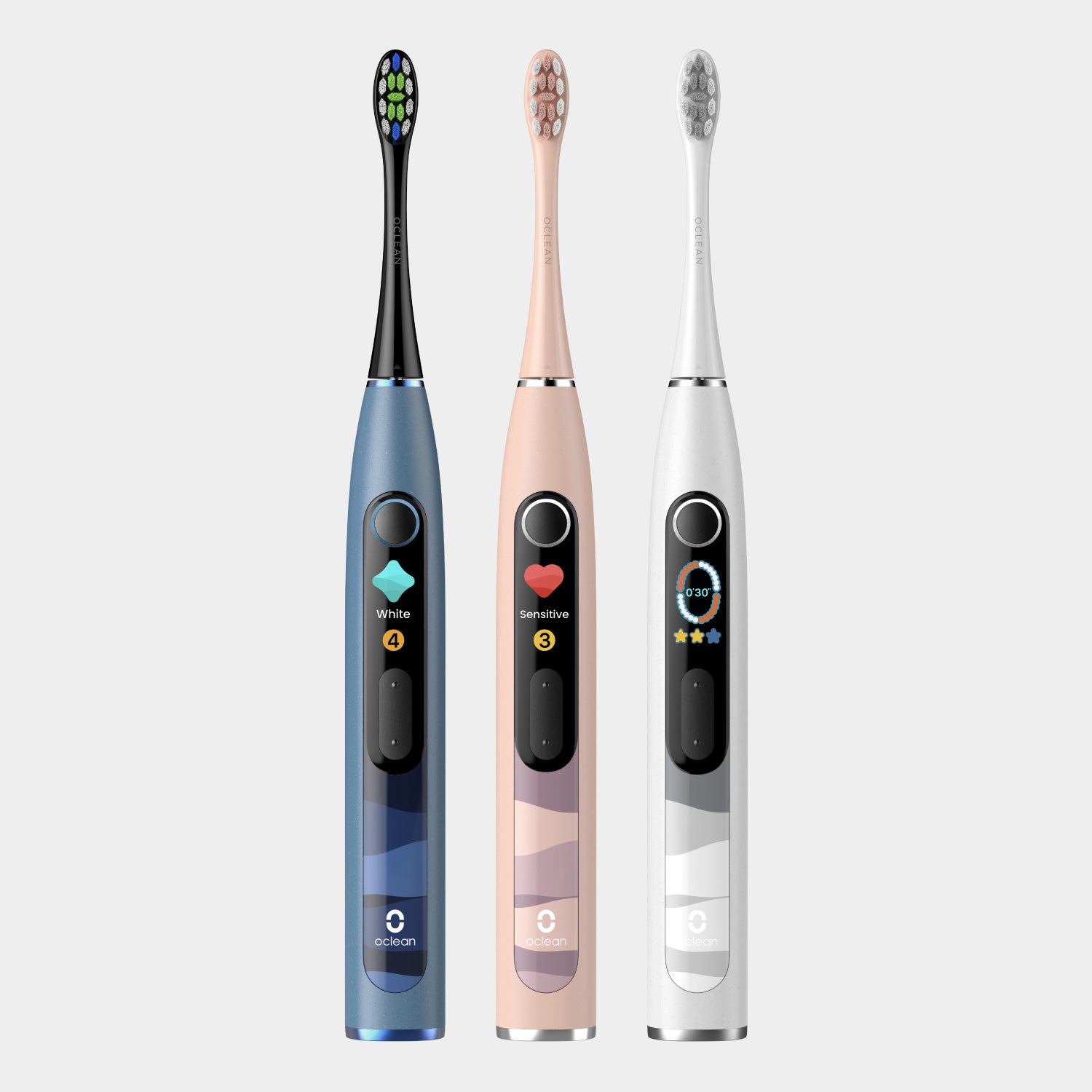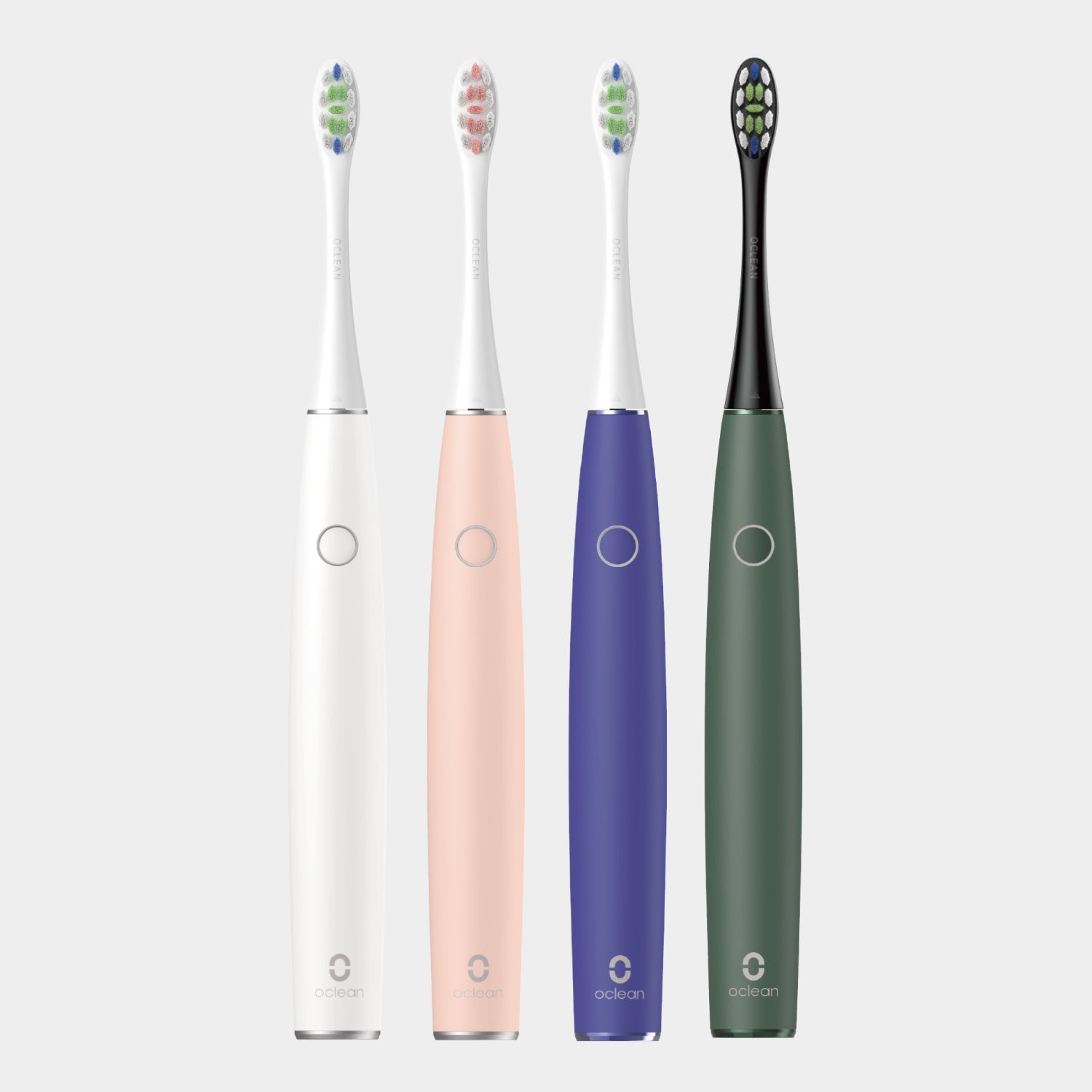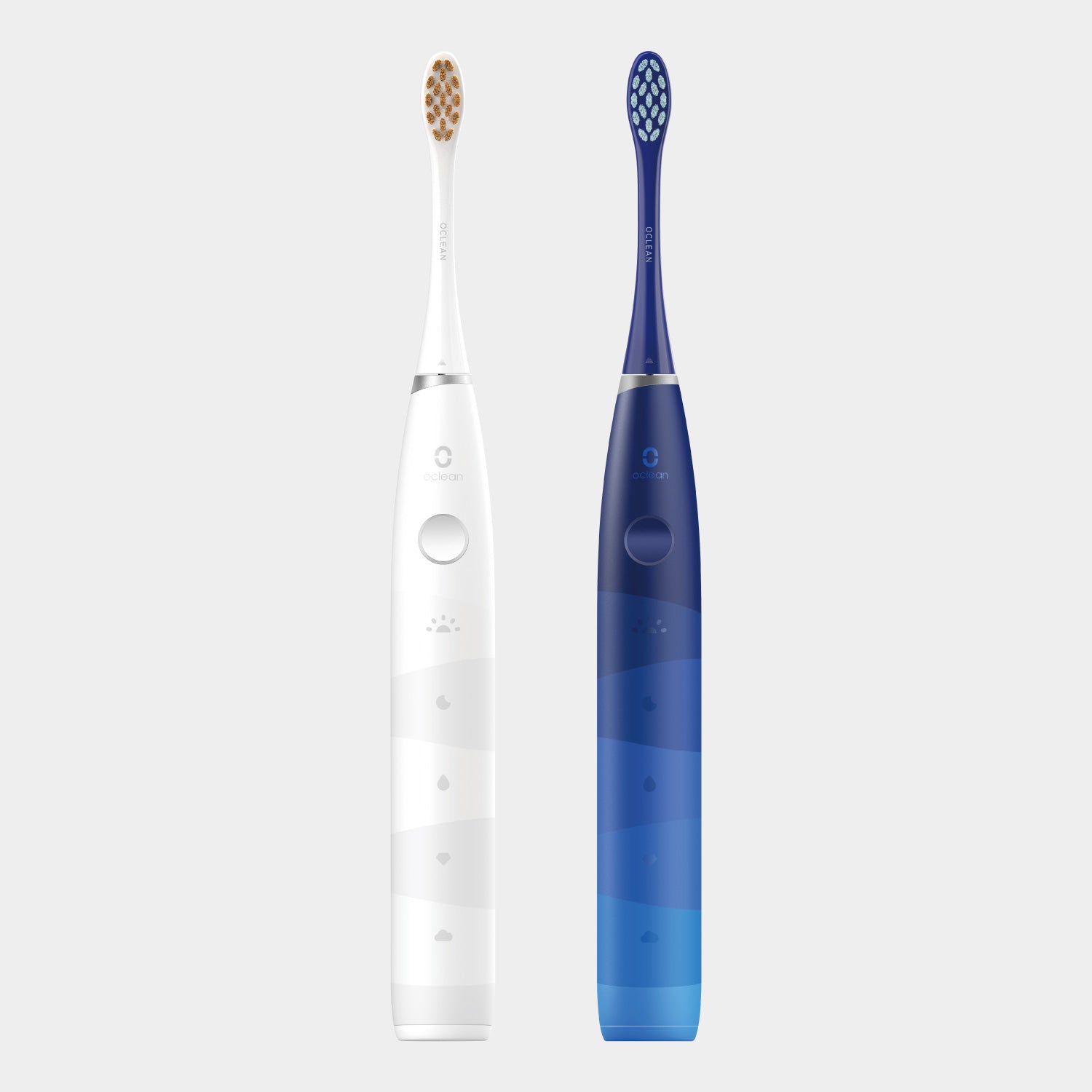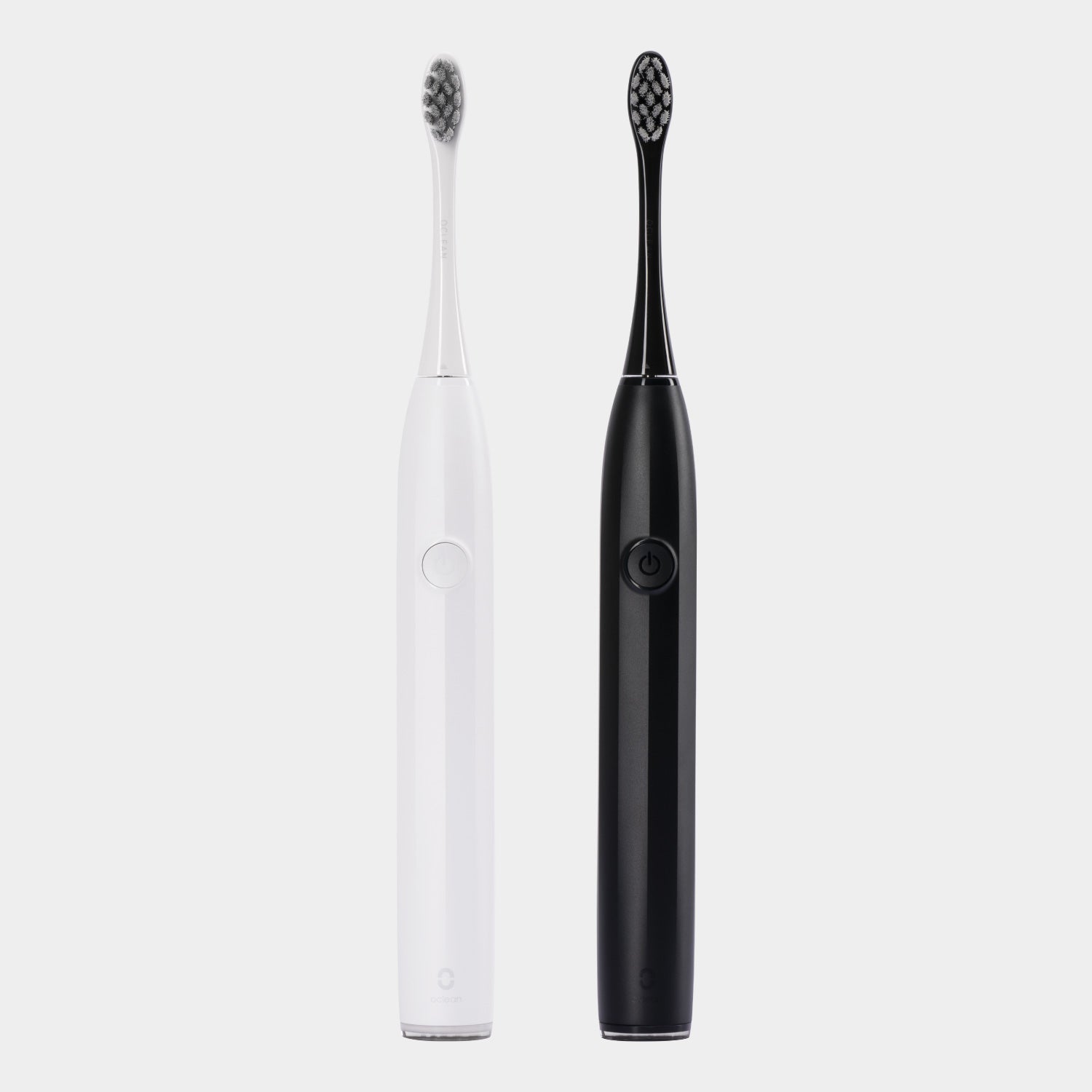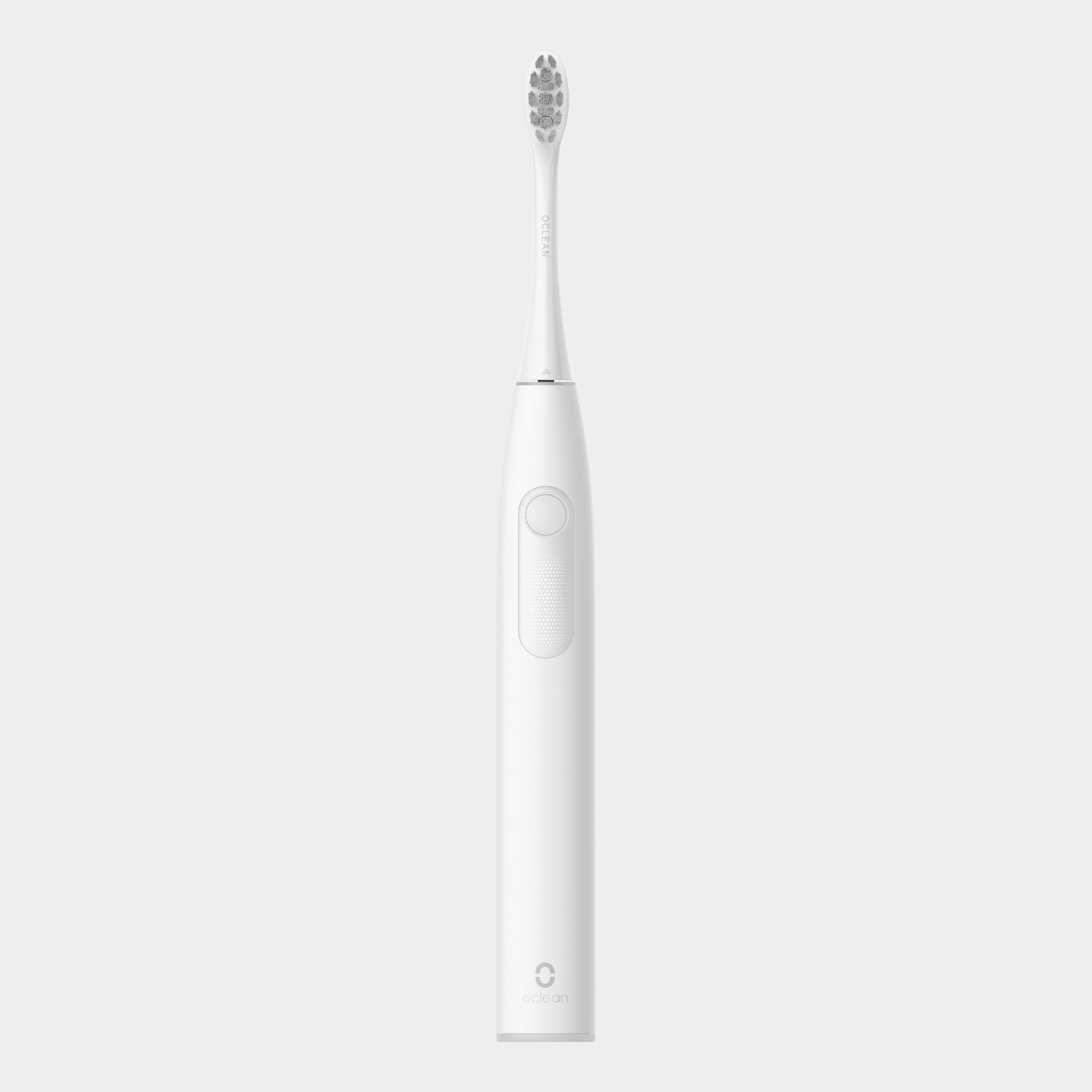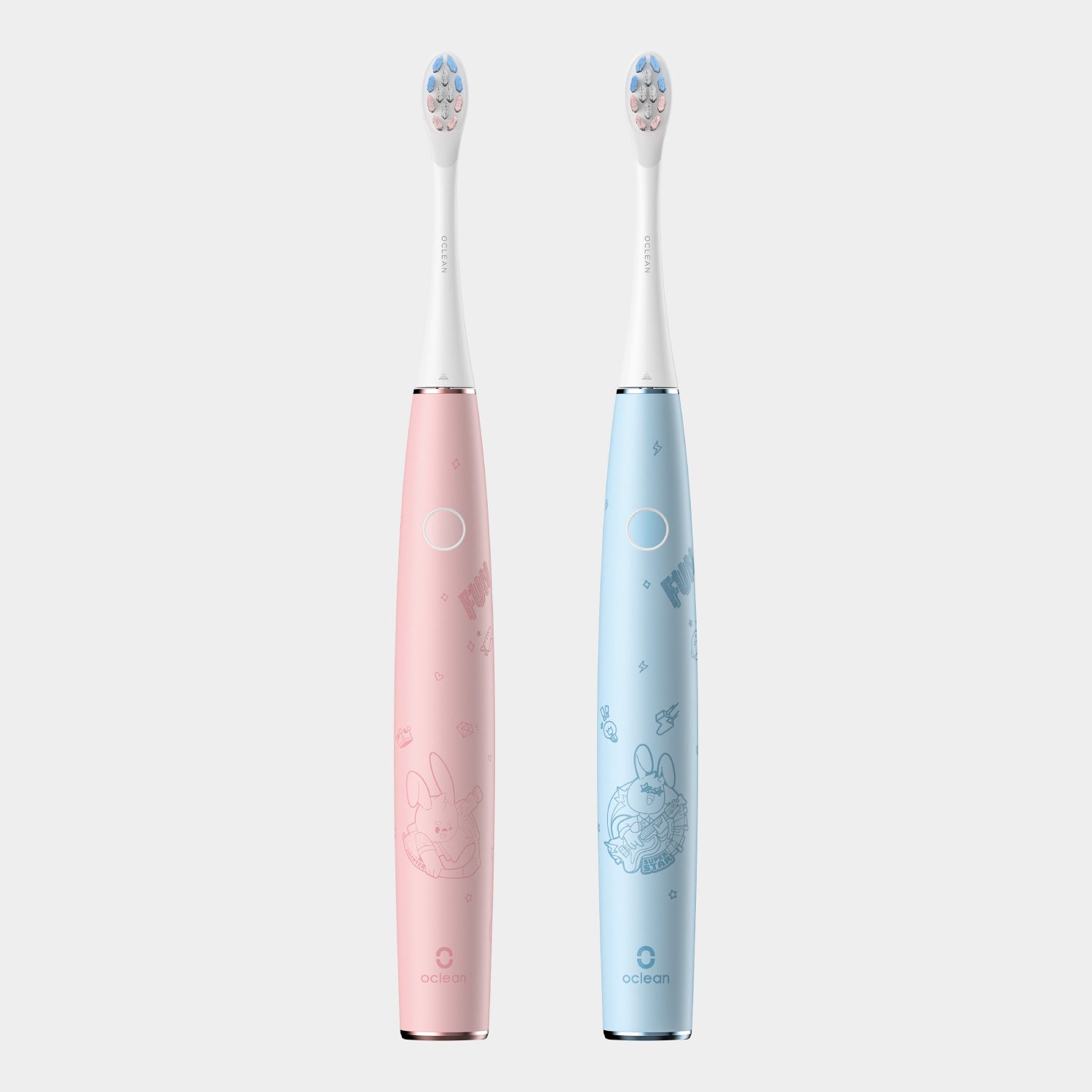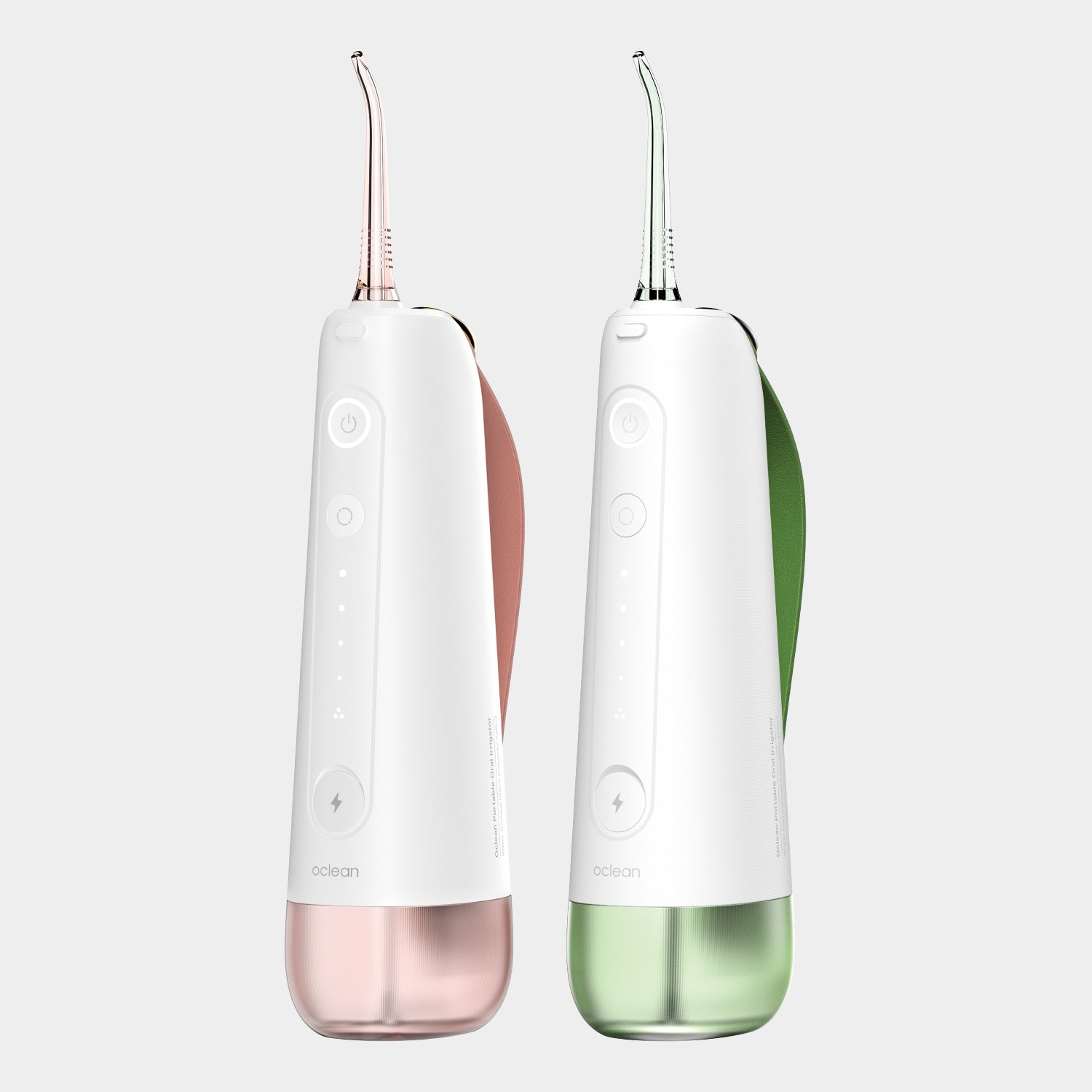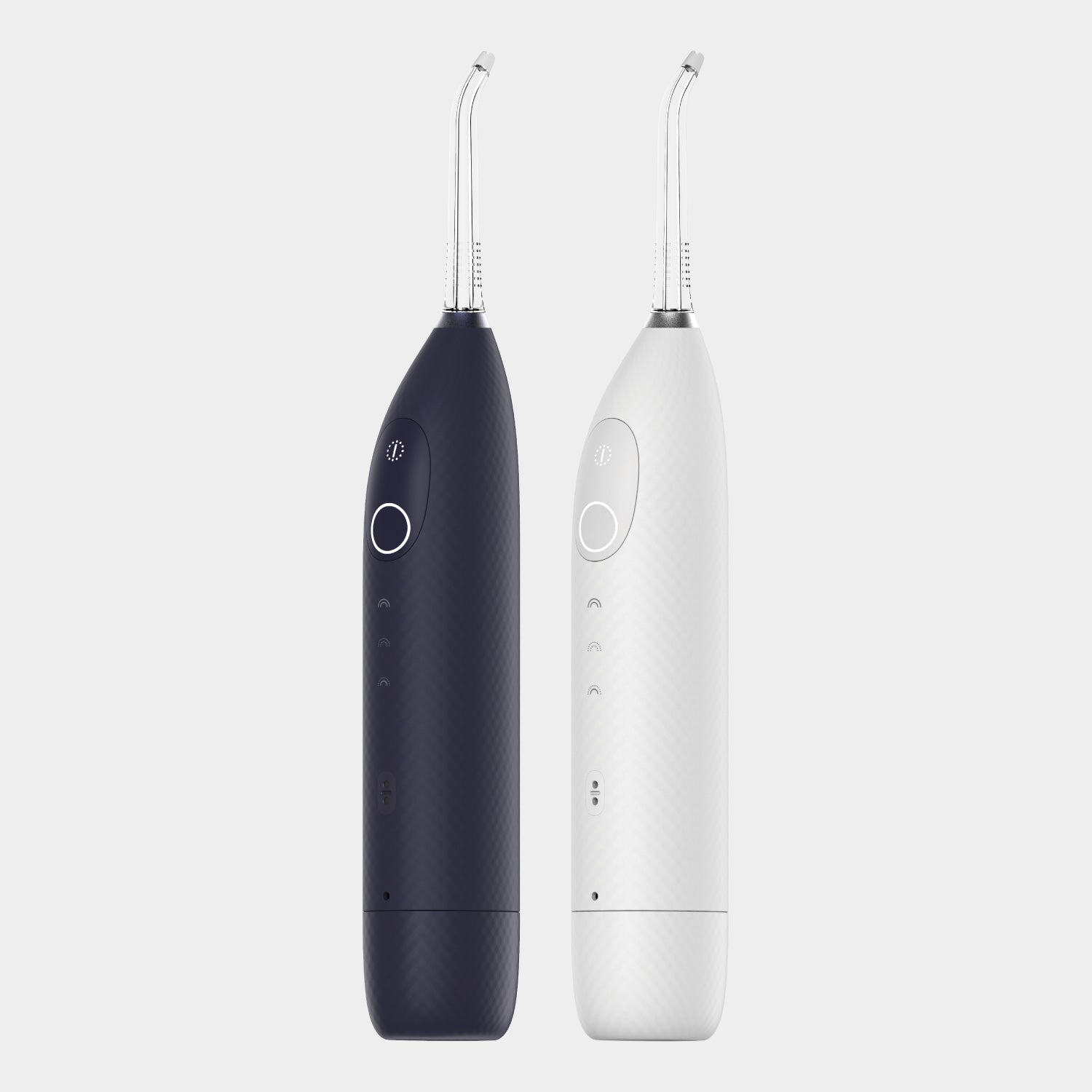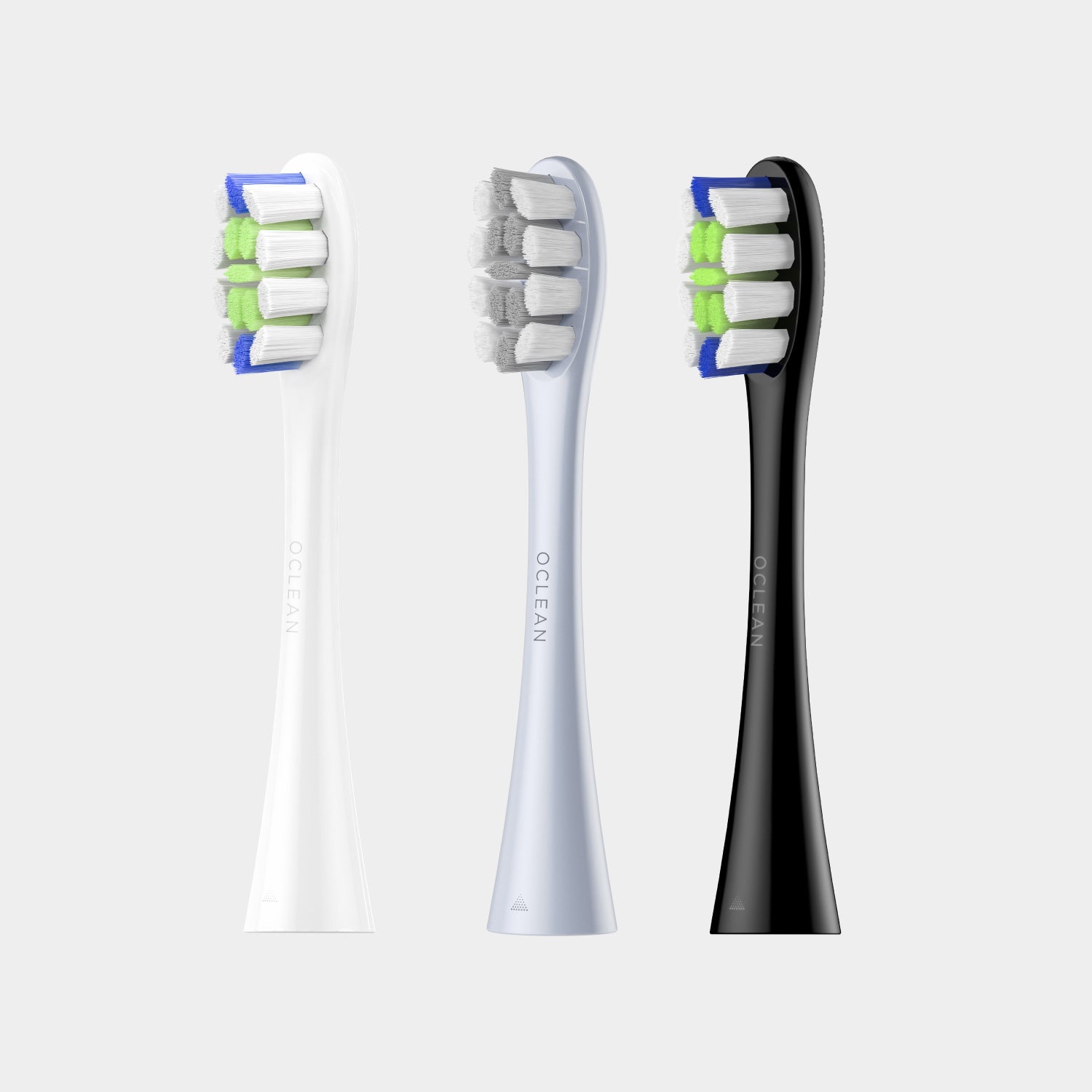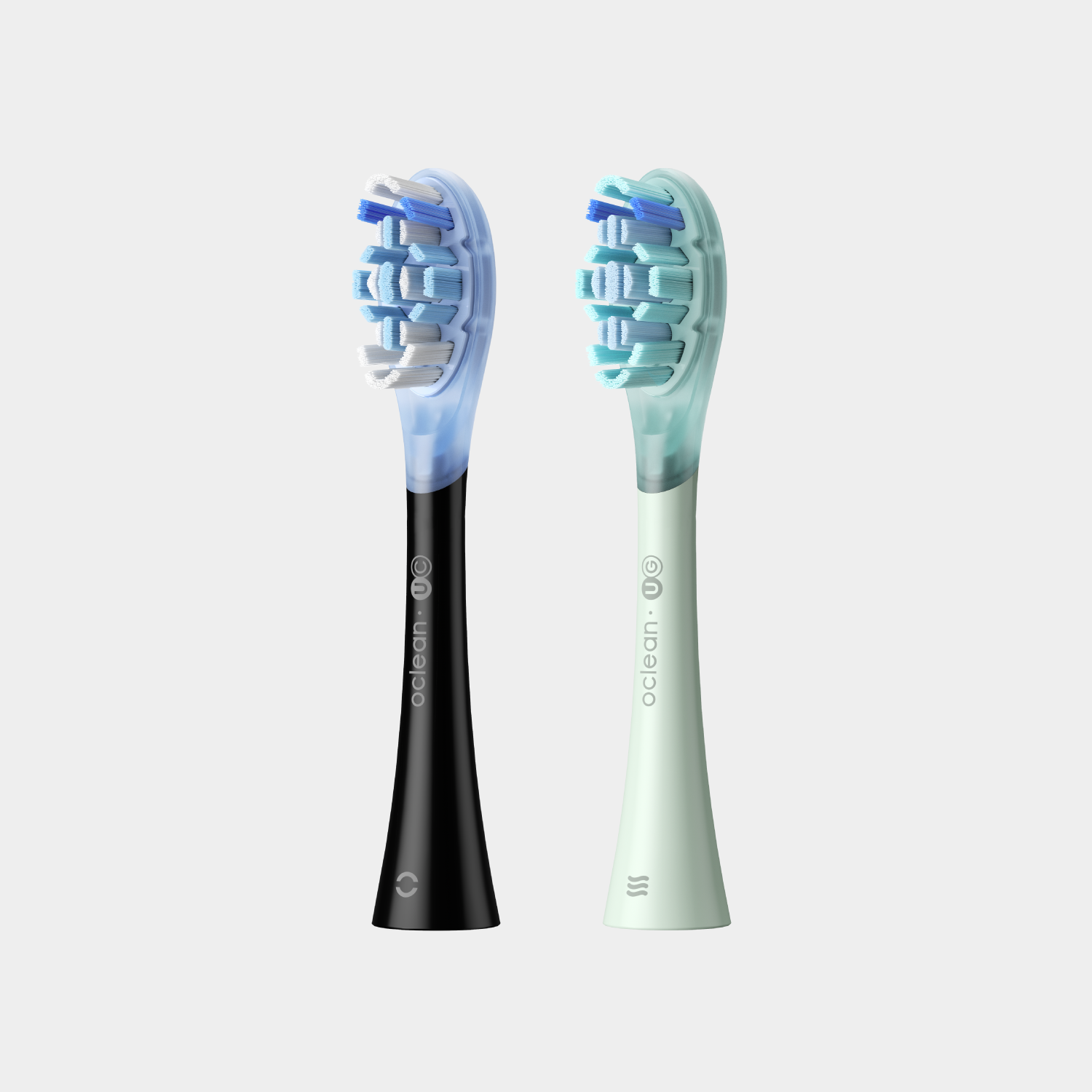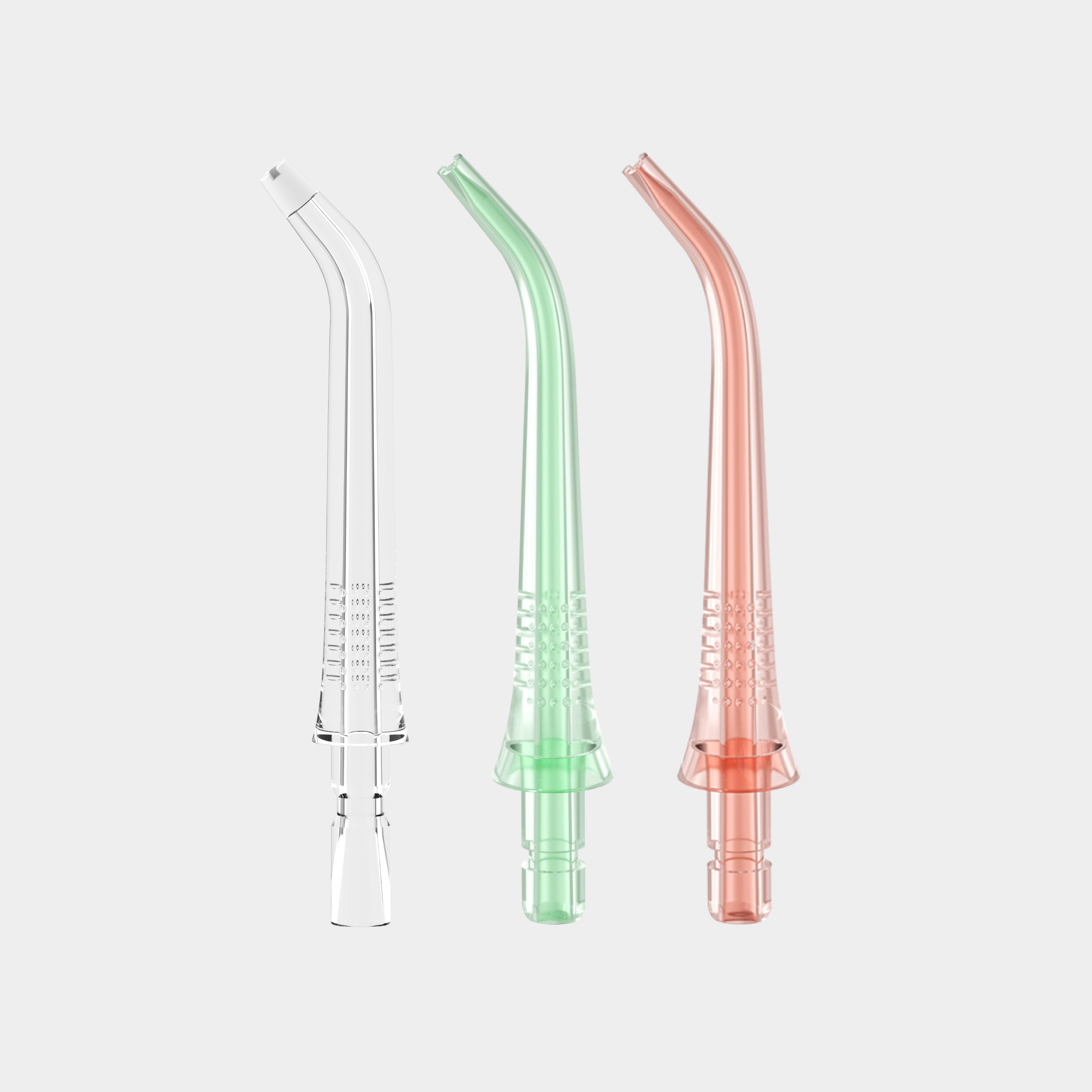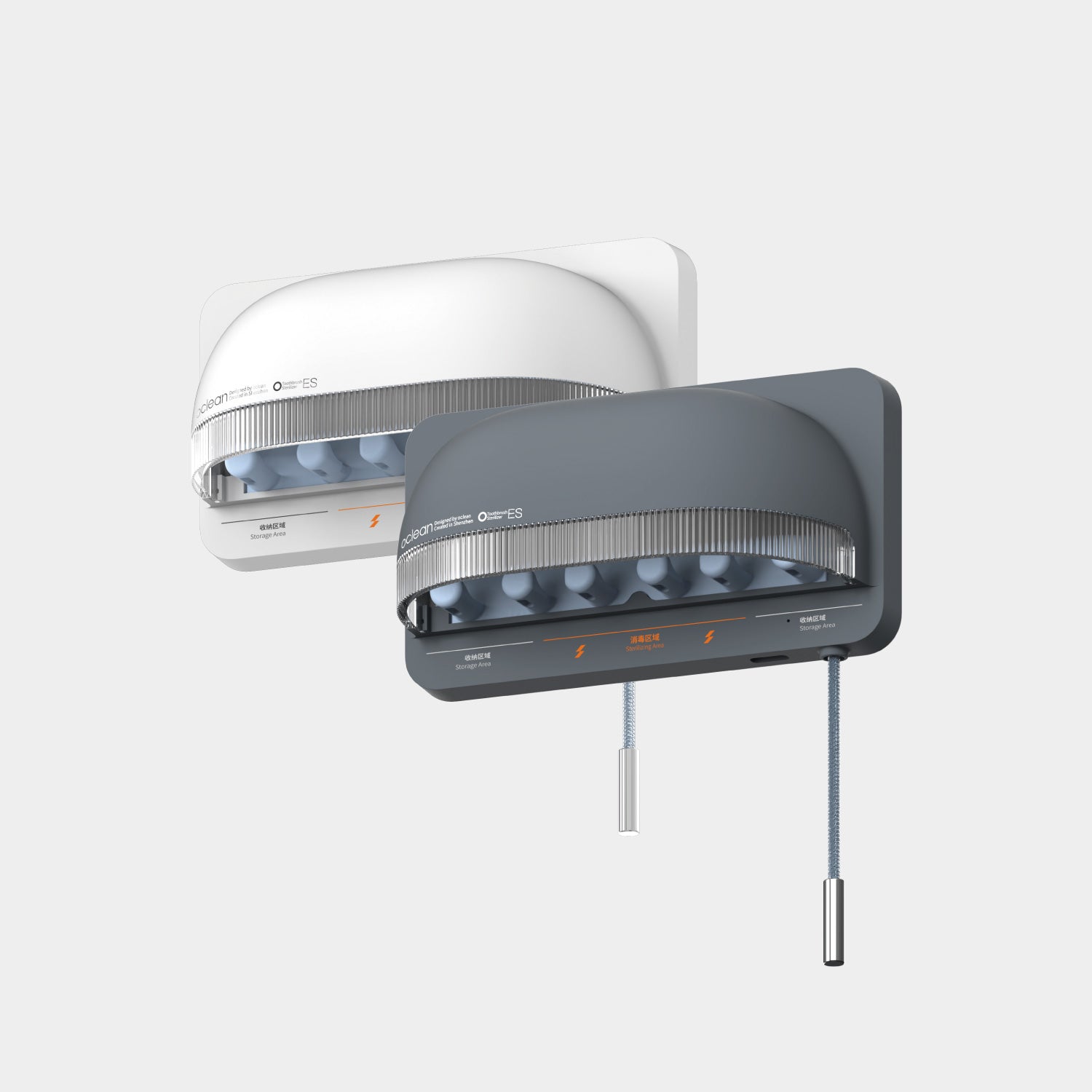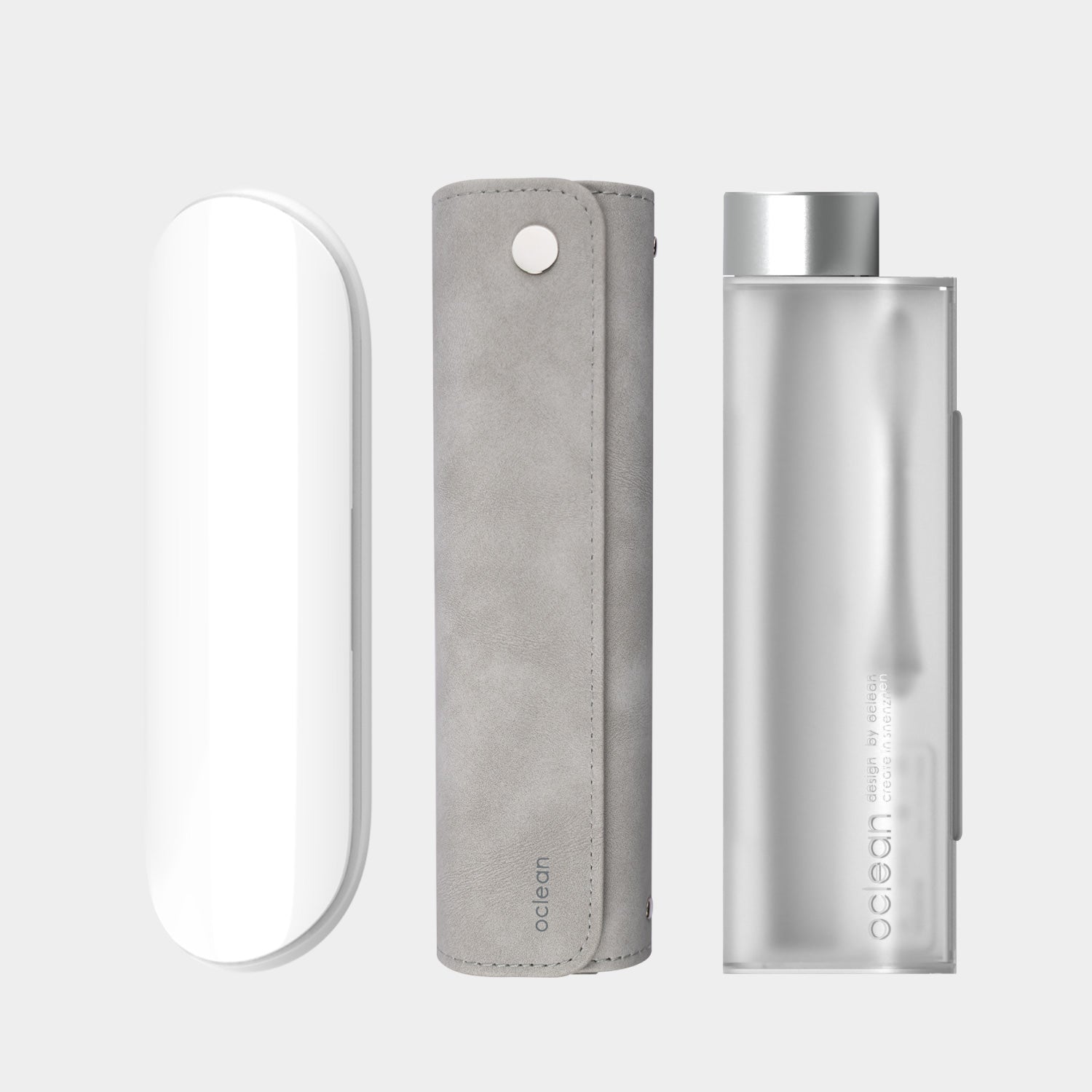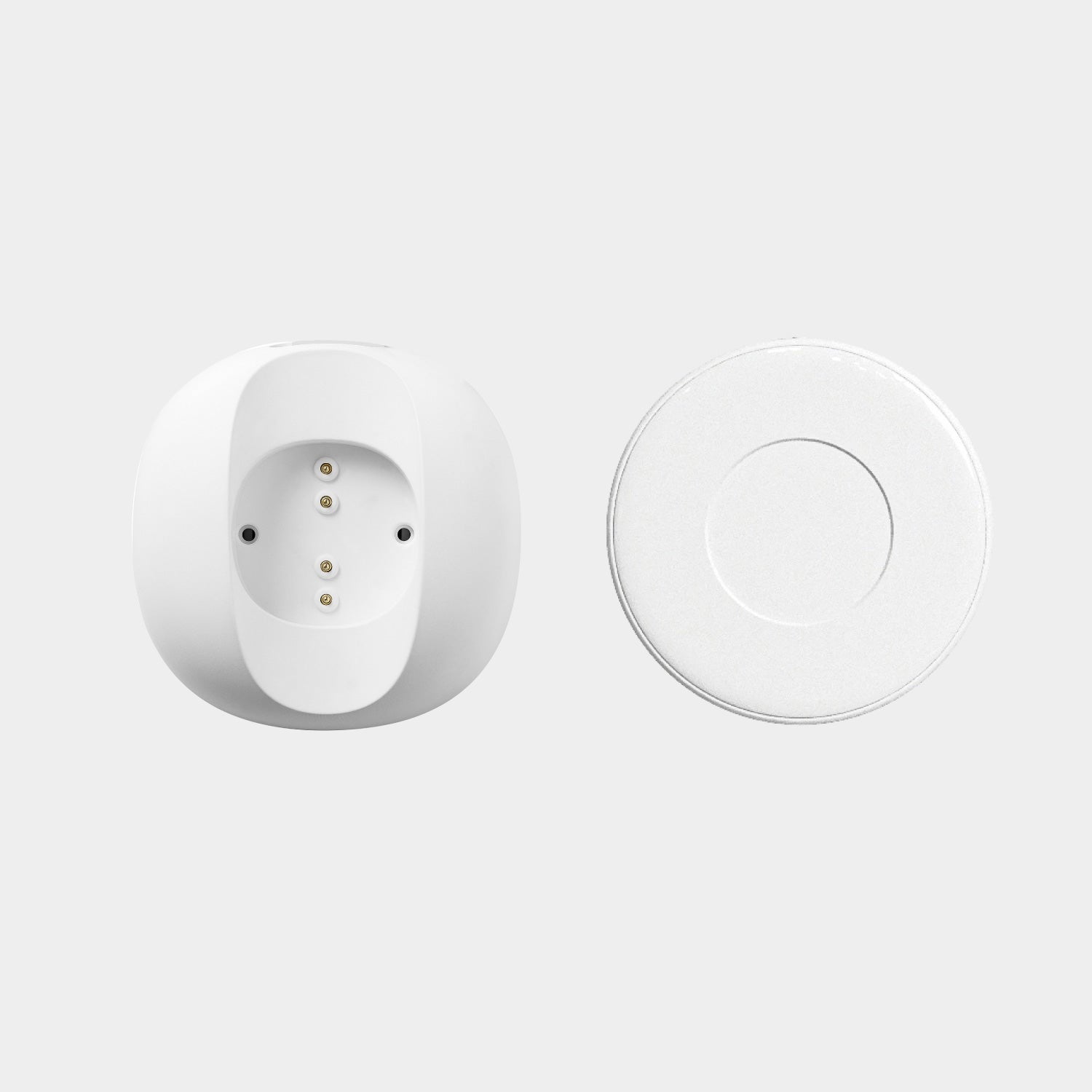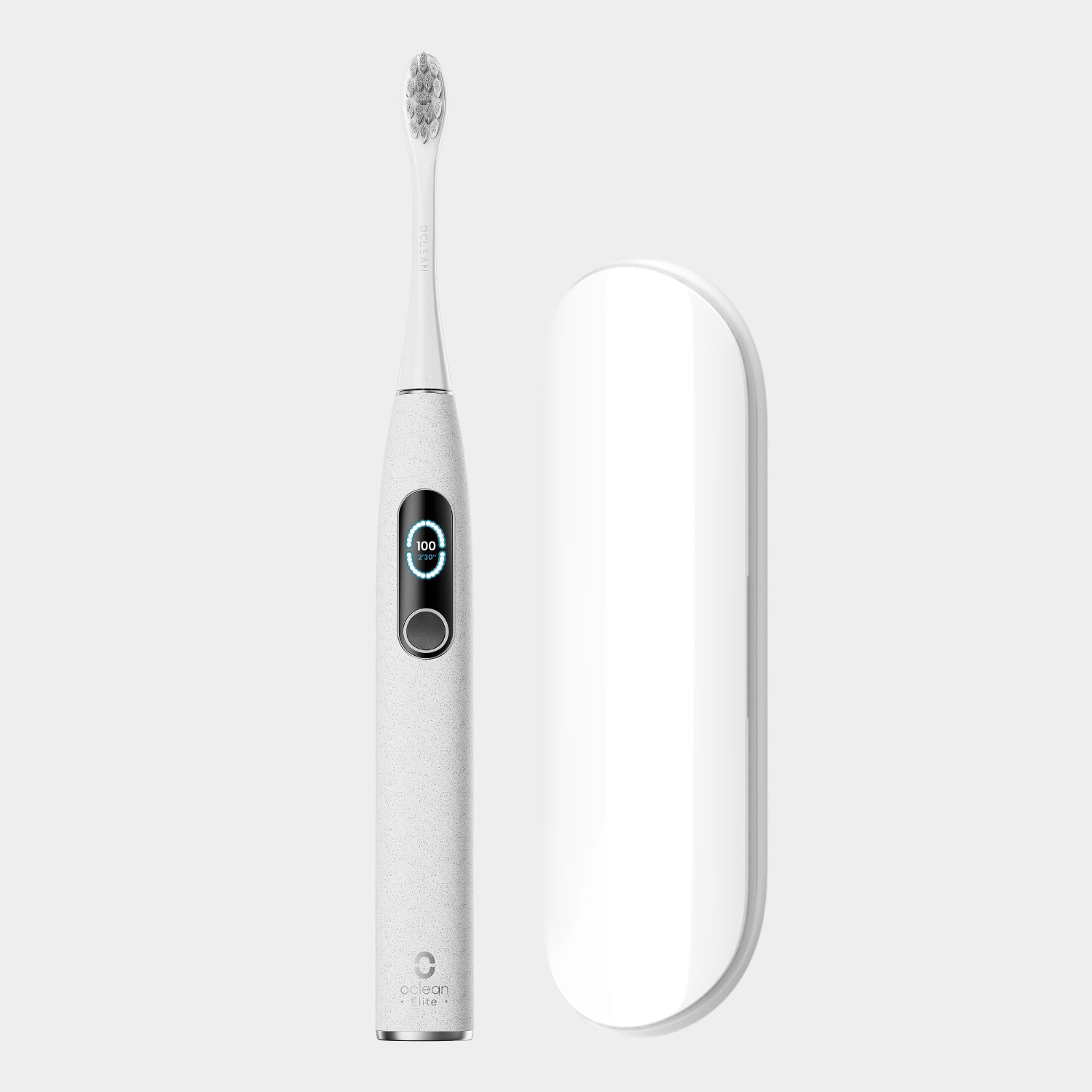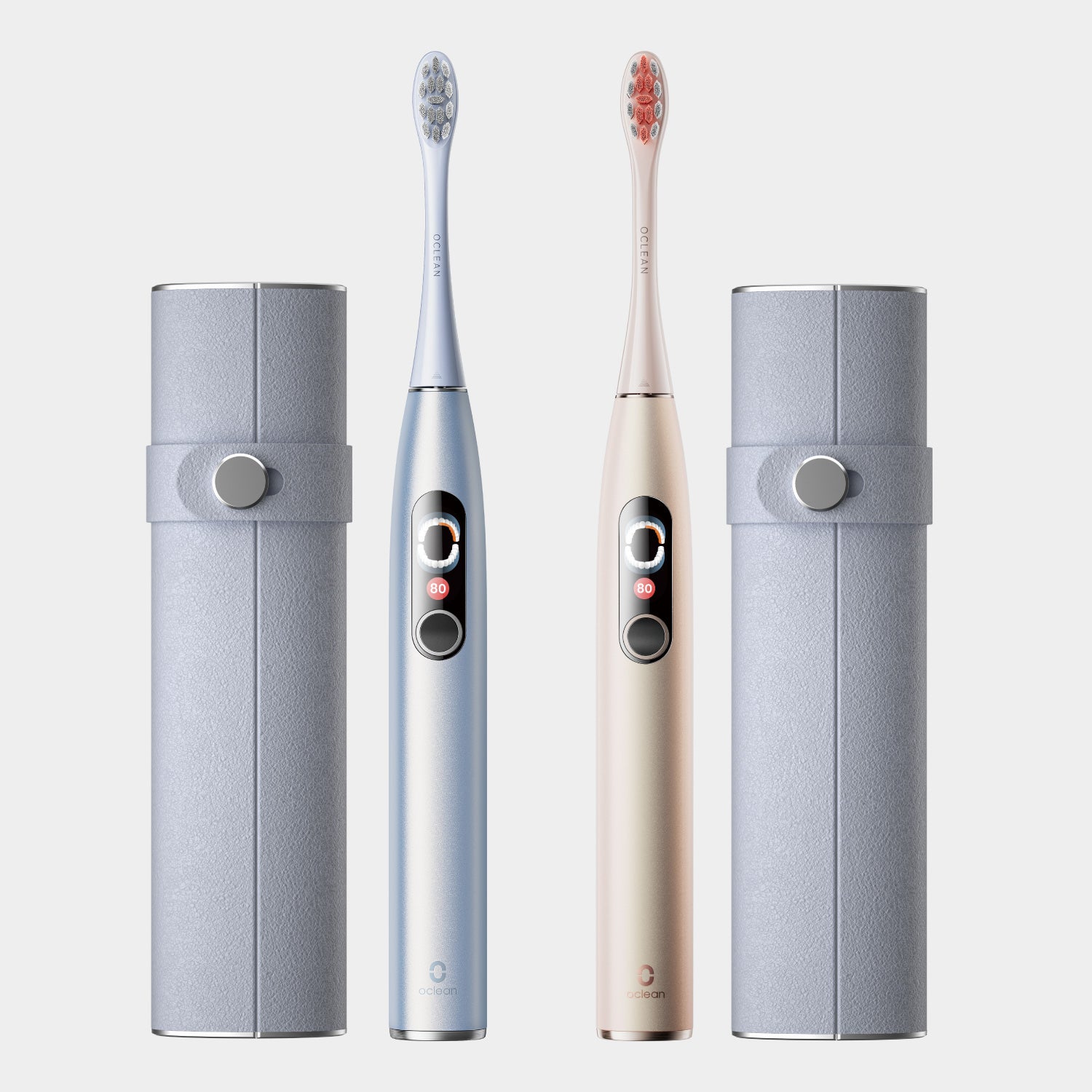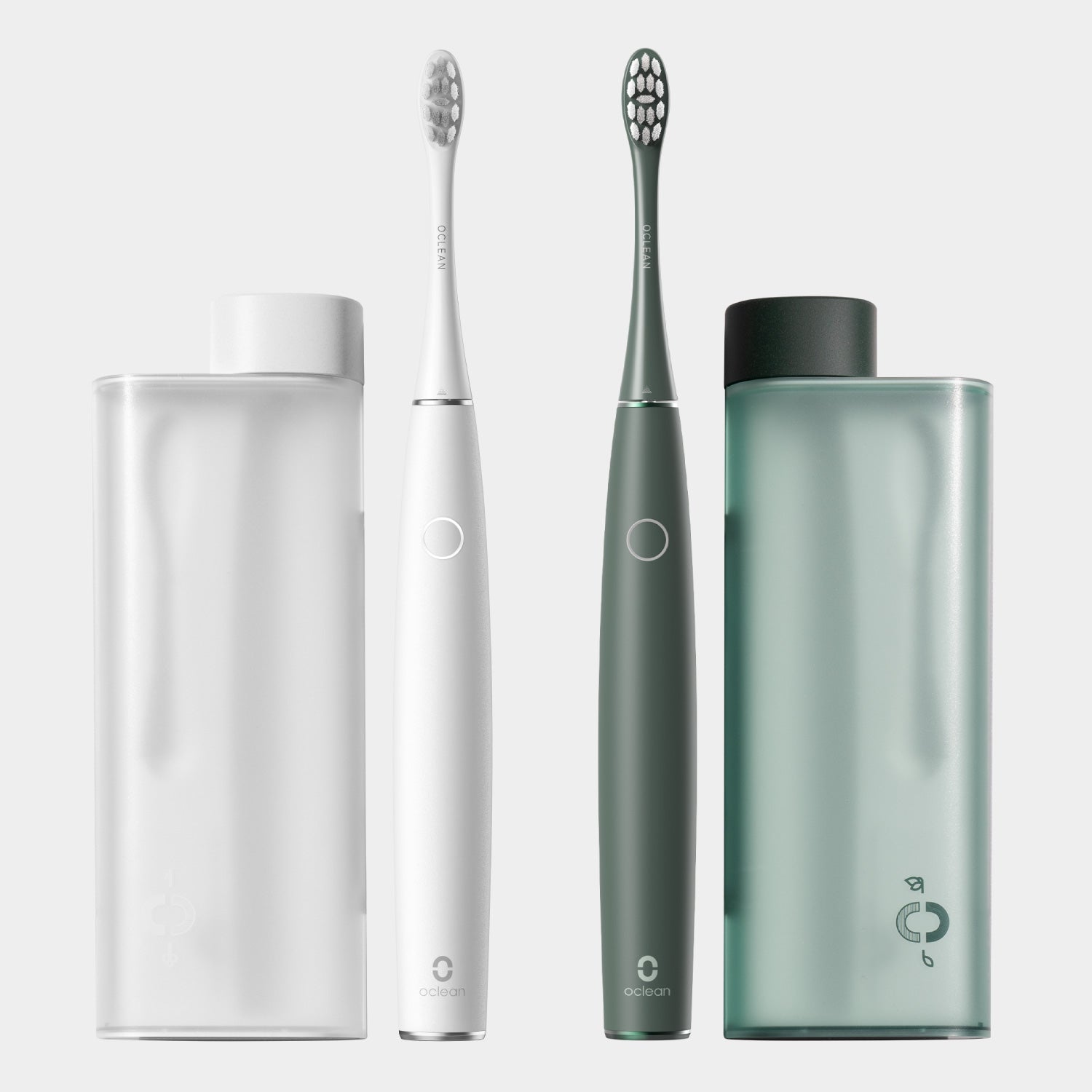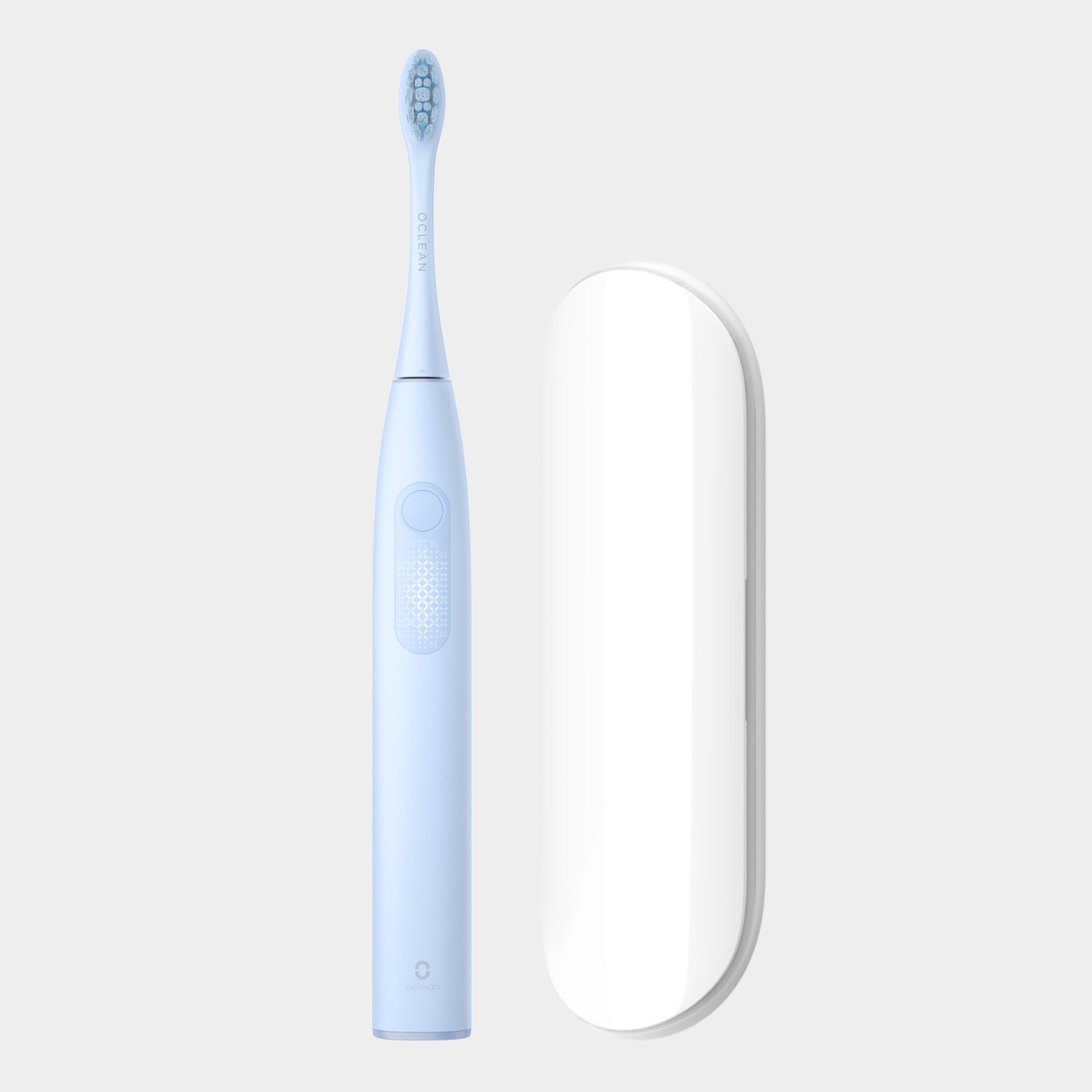Toothache is undoubtedly one of the biggest concerns, and when you get it, you can be sure that your oral health is not quite okay. Now there are several reasons you might have to endure a toothache. It can be something related to your tooth or something wrong with the gum around it!
In fact, in rare cases, you may even experience a toothache due to tightness in muscles, jaw, or even due to sinuses.
Most of the time, you would first take metronidazole or detoxifying drugs to resolve such a painful condition. Otherwise, you would endure the pain because you know it has flared up, but it will vanish within a day or two.

Why does your toothache vanish?
Some toothaches have persistent symptoms that don't resolve until you receive proper treatment. Other toothaches are more random and may not last for long. Here's why your toothaches might settle on their own:
- In certain circumstances of mild toothaches, tooth pain might occur due to gum recession, in which the gums pull back and expose the tooth's sensitive root that may resolve on its own over time.
- Another probable cause of your discomfort might be a tiny cavity just beginning to exhibit symptoms.
- Moderate to severe toothaches often indicate that the affected tooth's nerve is severely irritated or diseased. This might be the result of a cavity or damage to the teeth. Typically, this toothache goes away when the infection has damaged the tooth's nerve, eliminating the pain. However, the infection is still there and, if left untreated, might cause severe complications.
- You may also experience a sharp toothache due to Pulpitis.
What is Pulpitis?
Pulpitis is an inflammation of the pulp in the innermost soft tissue of the teeth. Now you might wonder, "Can Pulpitis heal by itself?"
Yes, Pulpitis can be reversed if diagnosed at an early stage!
And No, if the condition has worsened. Unlike other tissues in the body, once the nerve becomes inflamed, it will only get worse, and there is no way to reverse it through medication or other means. If Pulpitis occurs, it must be treated promptly with "root canal therapy" to avoid further complications.
Left: gums, alveolar bone, Root canal (From top to bottom)
Right: Enamel, dentin, pulp
Is it okay to ignore a toothache?
The answer is no. Not only does a toothache you get over not get better, but it is likely that the next attack will be more severe!
No one likes to see a dentist unless necessary, especially when it comes to toothache. However, a quick visit to the dentist will allow an immediate diagnosis and the most effective treatment to resolve the condition.
Some toothaches are not severe and may resolve independently. However, your toothache might also be a significant issue that requires medical treatment. And if left untreated, the infection will worsen, resulting in more substantial problems and costly treatments.
For instance, if a tooth's nerve has been impacted, but an infection remains, it will continue to grow and damage the bone around the root. So you might need to undergo a tooth extraction or even further treatment such as a dental implant, bridge, or partial denture to replace the lost tooth. Worse yet, it may spread to other body parts, including the brain, and become harmful or even deadly.
In conclusion, any form of tooth discomfort indicates a problem. So in such circumstances, you must consult a dentist for an assessment, diagnosis, and possible treatment to decide if the condition is mild or severe, even if the discomfort has lessened!
Using Electric Toothbrush & Water Flosser to prevent toothache
The cleaning efficiency of the smart toothbrush is much higher than that of the manual toothbrush. The Oclean sonic electric toothbrush can clean more areas with less effort. The same is true for Oclean water flossers. With the help of them, toothache will be significantly reduced!


